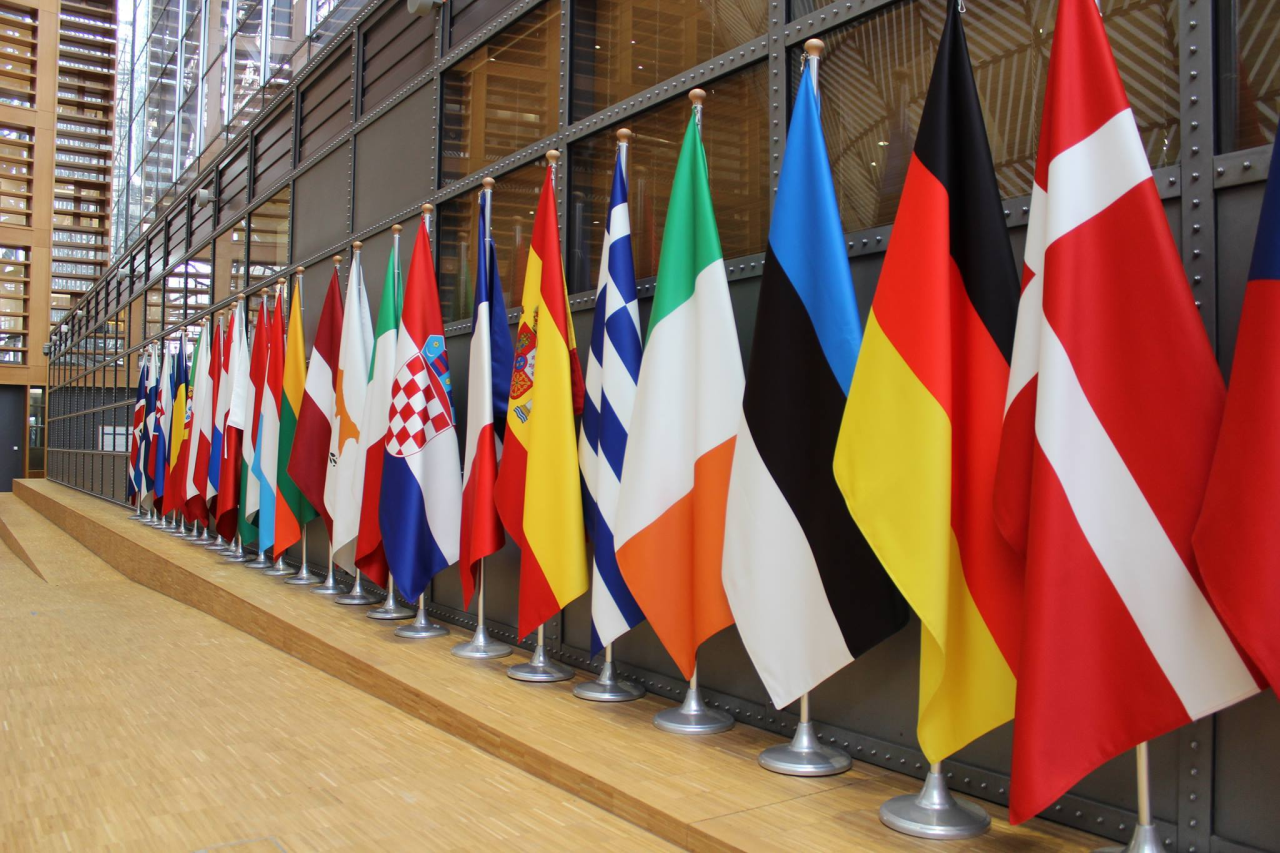Every year in Europe, 26 million metric tons of plastic waste is generated, with less than 30% of this waste being collected for recycling. Packaging accounts for over 50% of this waste, according to a 2018 finding of the European Commission.
Two EU legislative and policy measures will impact plastic packaging producers and users from 2021 onwards: the EU plastics levy and the implementation of the EU Single-Use Plastics Directive.
What is the EU plastic levy?
The European Union is introducing a levy on non-recycled plastic packaging waste from 1 January 2021, levied through EU member state contributions.
The amount owed by each member state will be calculated according to the weight of non-recycled plastics packaging placed on each member state’s market. The rate will be €0.80 per kilogram (€800 per metric ton). Each member state can choose how to finance this levy, whether by directly taxing the plastics sector, or through other methods of taxation.
Less than 6 months left until SUP Directive deadline
In 2018, the European Commission proposed a directive on single-use plastics (SUP), which aims, among other things, to ban the 10 single-use plastic products that are most often found on European beaches and in Europe’s seas. This directive is currently being transposed into national law by EU Member States.
By July 3rd, 2021, the following plastic products with readily available alternatives will be banned from the EU market:
- Cotton bud sticks;
- Cutlery (forks, knives, spoons, chopsticks);
- Plates;
- Straws,
- Beverage stirrers;
- Sticks for balloons,
- Food containers made of expanded polystyrene used for fast food or other meal ready for immediate consumption,
- Beverage containers made of expanded polystyrene, including their caps and lids;
- Cups for beverages made of expanded polystyrene, including their covers and lids.
Based on information available up until this point, here is how some of the member state countries have tackled these two legislative and policy measures.
Belgium might pass on costs of plastic packaging levy to producers and users
For Belgium, the plastic levy is expected to be around €153.4 million. The Federal Government will pay Belgium’s contribution to the EU budget. However, to date, the Belgian Federal Government has not yet agreed on how it will finance this contribution. It is anticipated that the costs of this levy may be passed on to producers and users of plastics packaging, via their extended producer responsibility (EPR) compliance organizations. These organizations would pay the levy to the Belgian Federal Government and would in turn pass it to their corporate members (such as packaging producers, users of packaging, and retailers), through an increase in the EPR fees paid by the members.
Scotland published new legislation for single use plastics ban for consultation
Millions of plastic items are littered in Scotland each year, including an estimated 300 million plastic straws, 276 million pieces of plastic cutlery, 50 million plastic plates and 66 million polystyrene food containers.
Restrictions on the sale or commercial supply of these single use plastic products would support efforts to tackle Scotland’s throwaway culture, reduce problematic litter and promote the use of more environmentally-friendly alternatives.
Environment Secretary Roseanna Cunningham said: ‘We must act now to reduce our reliance on single-use plastic and drive forward a move towards more sustainable, environmentally-friendly alternatives. This government is committed to tackling this problem. Proposals published will take us further – keeping pace with the environmental standards of our European partners and re-affirming our position as a world-leader in the circular economy.’
Croatia adopted law for waste management, to come into effect from July 1st, 2021
The sale of disposable plastic products such as light plastic bags, q-tips, cutlery, plates, straws, and beverage mixing sticks will be banned in Croatia from July 1, 2021, 2 days ahead of the SUP Directive deadline in the EU space.
The new Law on Waste Management, the proposal of which was prepared by the Ministry of Economy and Sustainable Development, determined this.
EU directives set new, higher goals for waste separation and recycling by 2035, which were also implemented in the new Croatian Law on Waste Management.
Germany revises packaging law
The German government has published a draft amendment of the country’s packaging law, which aims to implement certain requirements of the European Single Use Plastics (SUP) Directive and Article 8a of the revised Waste Framework Directive, and to update other provisions of the law. The draft still has to be approved by both the government and parliament.
The requirements of the SUP Directive are implemented almost exactly. In order to improve enforcement of the extended producer responsibility (EPR) regulations set out in the packaging law, online marketplaces and fulfillment service providers will have to ensure that retailers are registered with a packaging scheme. In addition, manufacturers based outside of Germany will also be able to appoint an authorized representative.

